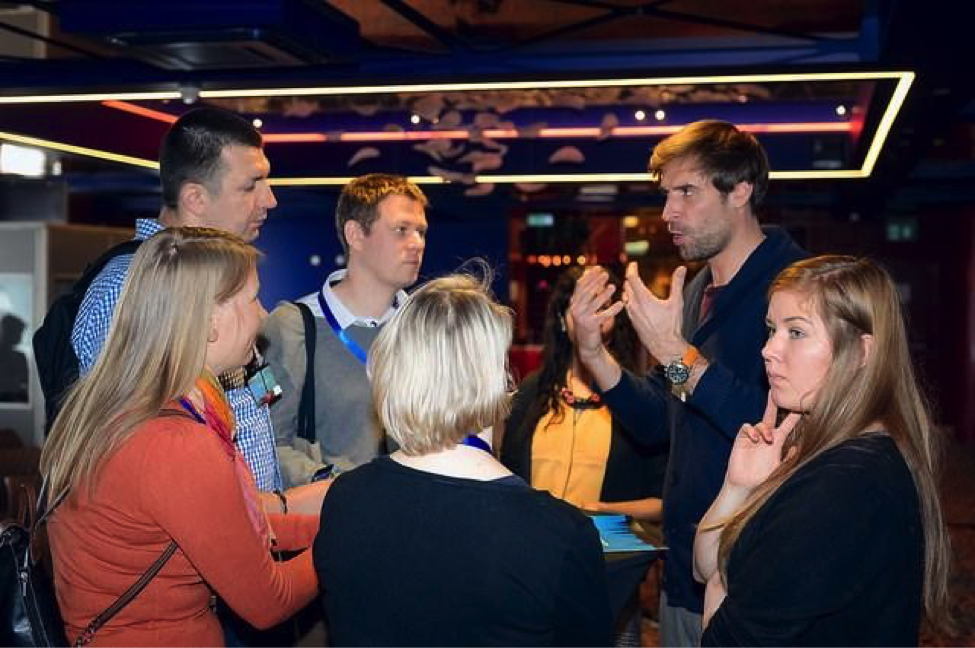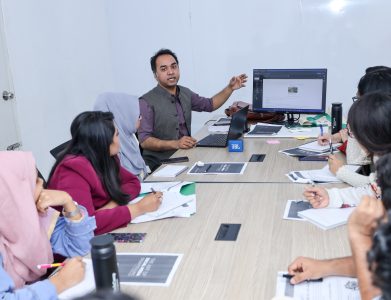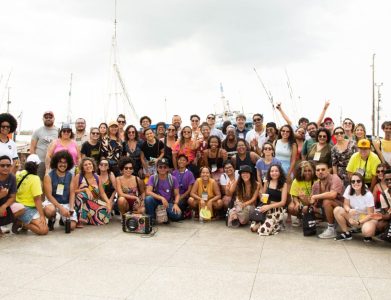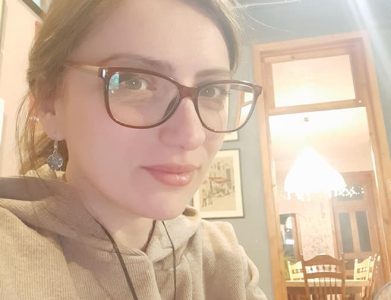TechCamp Riga: Clearing the Noise, Investigative Journalism in the Digital Age, was the second TechCamp in a series specifically focused on Russian speaking journalists in Eastern Europe. It was the first held under Public Diplomacy’s International Information Programs Bureau on May 18 & 19, 2015.
Motivated journalists from ten countries across the Baltics and Eastern Europe gathered in one room to work in partnership with trainers from seven different countries to co-create tech-solutions to the challenges the journalists face, and brainstorm ways to innovatively use social media tools for collaboration, fact finding, and data verification.

Macon Phillips, Coordinator of the International Information Programs Bureau at the U.S. Department of State and Sharon Hudson-Dean, the Chargé d’Affaires for the U.S. Embassy Riga, kicked off the event, delivering welcoming remarks on the first day. Rick Stengel, the Under Secretary for Public Affairs at the U.S. Department of State, attended the event on the second day, had lunch with the trainers and several journalists, and took the time to interact with participants in the midst of their project development.
Two days of interactive discussions/trainings/brainstorming sessions led to hands on application of innovative tools/concepts for investigative journalism and specific projects including a project titled “Explain Ukraine”, a campaign based on digital-storytelling+crowdfunding that brings the diaspora and local population of a country closer through translation of news stories into other languages.

Data verification was a popular topic – and a targeted group of journalists spent time developing a checklist for verifying social media content for citizen journalism. The group learned about platforms like YouTube Trends Dashboard, Topsy, and Gramfeed to monitor social media content online and identify where the source of the information was coming from. Participants from Estonia, Ukraine, Poland and Georgia took the verification checklist to a new level, creating a prototype for a platform that would display the validity of content via a rating system that was determined based on a set of questions asked of the journalists submitting content.
Other groups focused on topics like how to quickly create, effective and informative content for online audiences using video. A very spirited group of journalists worked to produce a video news story about a singing competition that could then be repurposed for platforms like vine and Instagram. Data mining was also very popular using sources such as Wikipedia, where one could identify edits made by public officials based on IP addresses.
At the end, participants got into the spirit of TechCamp, showing off the skills they developed by walking through real life examples like working together to identify whether or not a submitted photo of a U.S. Embassy on fire was really authentic or proving how easy it is to reveal someone’s digital footprint and background using online tools.

Sharon Hudson-Dean, the Chargé d’Affaires for Embassy Riga, closed the event saying that “Investigative journalism plays a fundamental role in a healthy, democratic society. It is part of the lifeblood of democracy. It pumps life into a society by finding the truth and sharing it with the public.” She went on to say to participants that “you, as investigative journalists, play the key role in shining a light of transparency and accountability in your communities. Your work has the immense power to expose wrongdoing, spark reforms, and even change minds.”
The Tech Camp Riga Facebook group is still lively with discussion, and participants were encouraged to submit creative ideas for additional funding to build on the experiences and skills they picked up at TechCamp.
TechCamp Riga was a fun and inspiring event, which hopefully kickstarted an ecosystem of quality investigative journalism in the region. We are looking forward to staying in touch with the participants and tracking their progress as they begin implementing the knowledge/skills learnt (and collaborations made), and sharing the success stories that emerge from the TechCamp in the near future.


